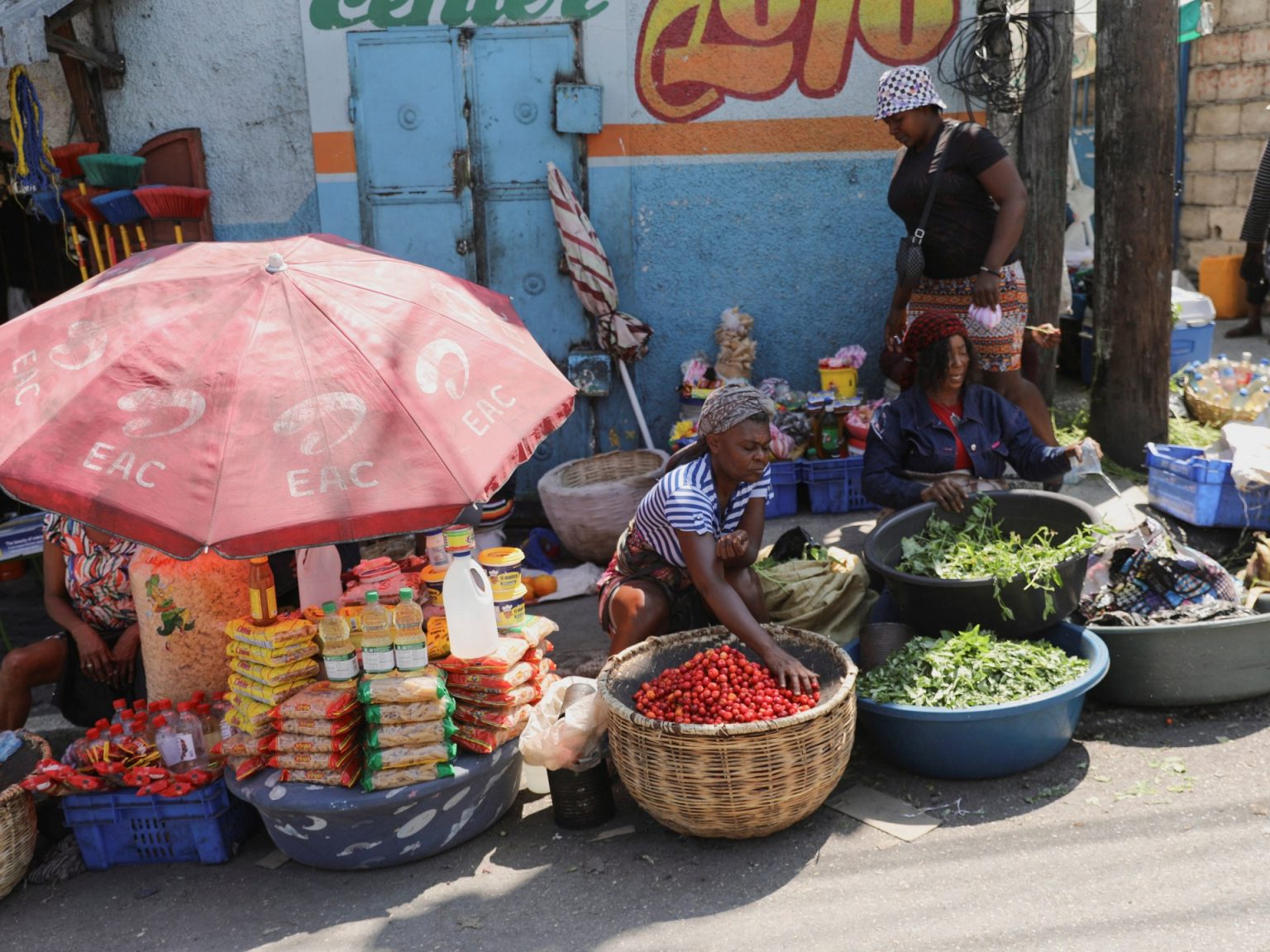Haiti’s Prime Minister Ariel Henry resigned on March 12 amid escalating violence in the country, leading to the creation of a presidential council and the appointment of an interim prime minister in a transition plan crafted by the Caribbean Community and Common Market (CARICOM). However, concerns remain about the credibility of council members, particularly those with ties to the Haitian Tèt Kale Party (PHTK), involved in the crisis. The United States has pledged $100m for a United Nations force to intervene in Haiti, sparking worries about foreign involvement in the country’s sovereignty.
Haiti has a history of external interventions that have eroded its sovereignty and contributed to the current crisis. France imposed a massive debt on Haiti in exchange for recognizing its independence in 1825 after the Haitian revolution. The US occupied Haiti from 1915 to 1934, leading to a sustained policy of interference in Haitian affairs. Subsequent interventions by the UN and international financial institutions further weakened Haiti’s sovereignty. The 2004 removal of President Aristide with Western support set the stage for the current political, social, and economic crisis.
The current crisis in Haiti, characterized by gang violence, poverty, hunger, and displacement, has been exacerbated by failed past interventions and neglect of rural communities. Over 2,800 people, including policemen, have been killed in recent months, with thousands displaced. Violence has led to economic collapse, closure of businesses, and disruption of food distribution channels, leaving 1.4 million Haitians on the brink of famine. Land grabs by gangs have worsened food shortages, plunging Haitians into despair and insecurity.
The proposed transition plan for Haiti, involving PHTK stakeholders, endorsed by the Core Group, and backed by foreign powers, is unlikely to resolve the crisis due to past failures and lack of trust in foreign interventions. Civil society and grassroots movements have been sidelined in the transition plan, raising concerns about its credibility. The Grassroots Patriotic Front is advocating for a National Monitoring Committee with broader representation to oversee the transition and address pressing issues like insecurity and economic revitalization.
To address violence effectively, law enforcement must be trained, resourced, and held accountable under the transitional government and oversight of the National Monitoring Committee. A National Security Plan devised by Haitian experts, focusing on combating organized crime and illicit arms trafficking, should be implemented. Restoring public administration and judiciary institutions is crucial for achieving social peace, with involvement of social movements like the Grassroots Patriotic Front ensuring transparency and democratic governance.
Supporting Haitian farmers and investing in agriculture can tackle the food crisis internally, rather than dependency on aid. Small-scale vendors play a vital role in food distribution and can be supported to ensure food reaches urban centers. International support should be aligned with Haitian priorities, respecting sovereignty and honoring local solutions. The plight of the Haitian people demands immediate and concerted action, but foreign intervention is not the answer. Upholding the will of the Haitian people and supporting their efforts is essential in resolving the crisis.


